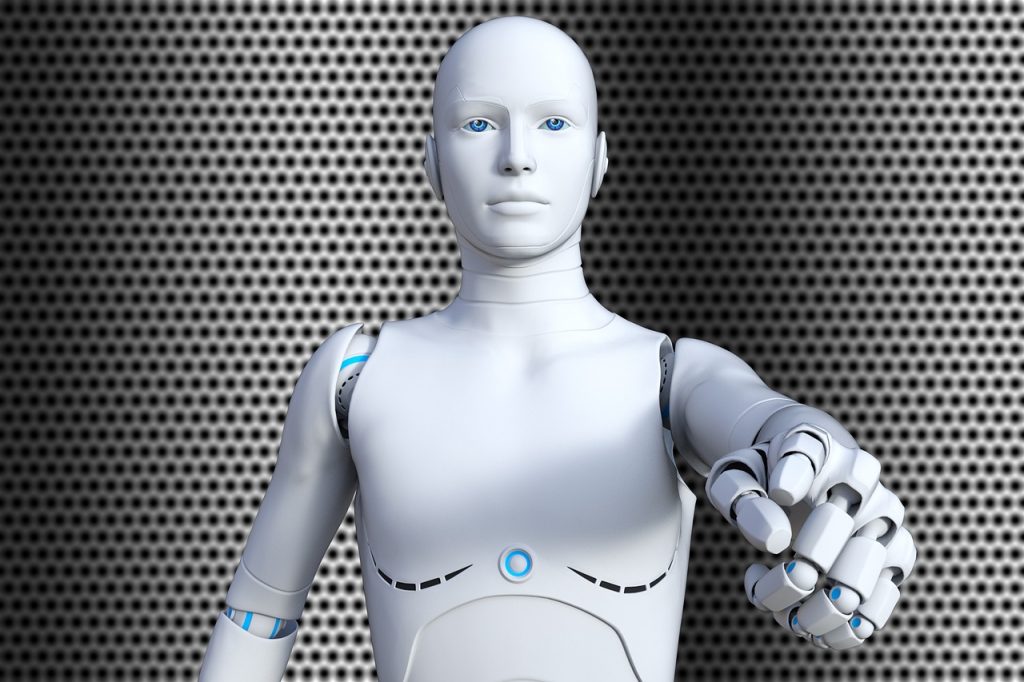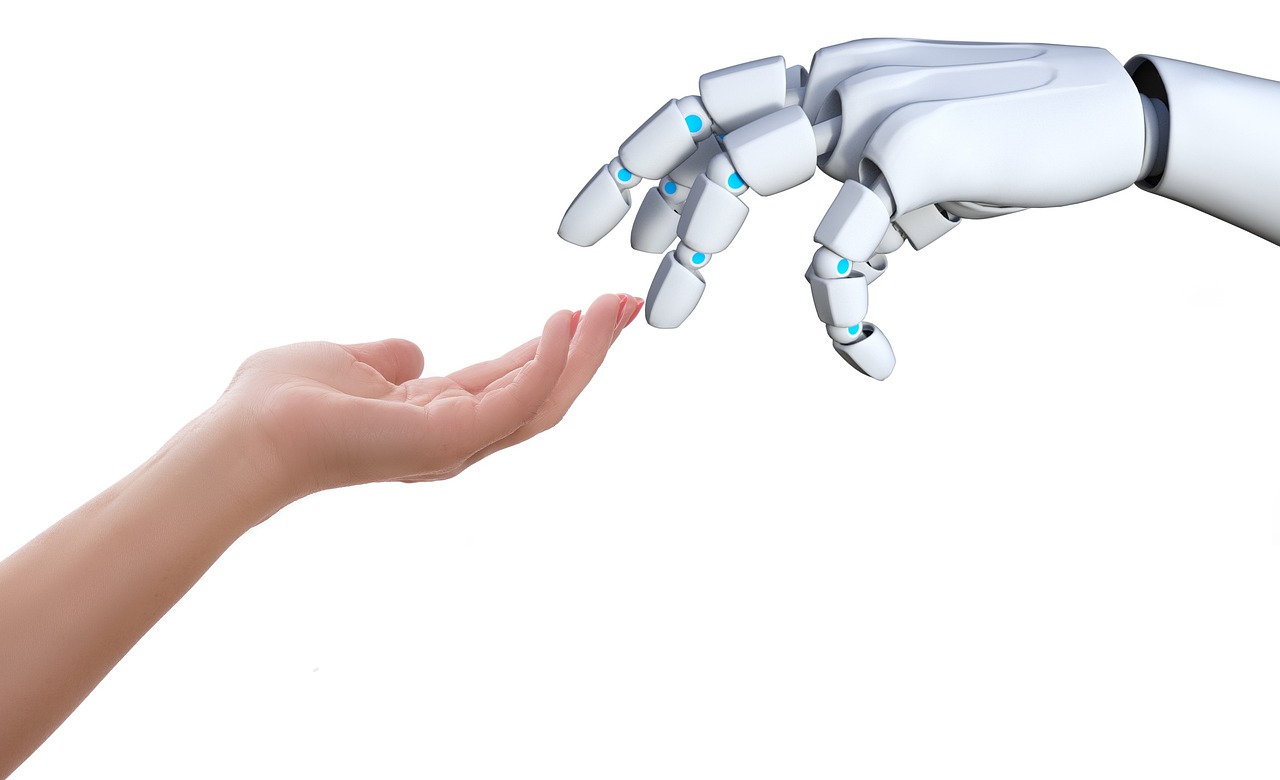Electrical Engineering +
Robotics represents a movement where innovative technical solutions, traditional and highly advanced algorithms work together with the aim of creating intelligent machines that can perform tasks in known and unknown environments. The Faculty of Electrical Engineering of the University of Ljubljana also hoasts the first robotics laboratory in Slovenia. We deal with the current topics of robots in industry, robot-human collaboration, and haptic robotics for more than four decades. Our students and industrial partners have access to top notch equipment.
One of the key areas is development of challenging industrial solutions used in production processes. These robots can assemble products, weld, paint, work e.g. in the pharmaceutical and many other industries quickly and with extreme precision. This achieves the desired quality, productivity and economy of customers today, while at the same time they take over dangerous and monotonous work, that is in focus of workers and manufacturers.
In addition, we also develop the most advanced mobile robots, which, thanks to accurate recognition of their surroundings and autonomous navigation, can independently explore the environment, avoid obstacles and, above all, adapt on the fly. These robots are indispensable in warehouses, farms and even in the home environment.
Green technologies on the one hand and an aging population of the farmers require robotics in agriculture as well. Tractors are becoming mobile autonomous robots, and robots in greenhouses are not source of biological threat to the plants. We create specific robotic systems with these goals in mind.

We are dedicated to the development of humanoid robots, with the capability of astonishing imitation of human movement and interaction. Such robots can become friendly assistants for the elderly and physically challenged. Robots called exoskeletons are increasingly used in rehabilitation, in the future we expect to be supportive in everyday movement as well.
In addition to the physical design of robots, we explore artificial intelligence tools, which are key to good perception of modern robots. Advanced algorithms also enable robots to recognize patterns, learn by imitation, from experience, and make decisions in real time.
The future of robotics lies primarily in better mechanisms, actuators and sensors. A completely new level of interaction will be achieved by the wider integration of artificial intelligence, which brings the desired autonomy and adaptability. We also expect increased use of robots in new sectors such as healthcare, agriculture and service industries.
Robotization requires in addition to the electrical engineering also good interdisciplinary knowledge, i.e. also elements of mechanical engineering, informatics and automation. Electrical engineering provides the necessary technical knowledge and skills to develop and implement advanced robotic systems. This is evidenced by activities with industry and international projects, and certainly also by our books published by the Springer publishing house. The resulting new technologies and solutions will shape the future.


